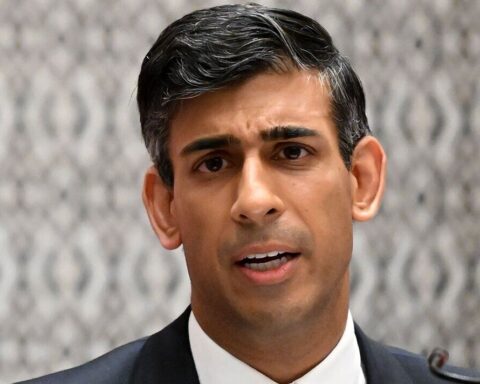LONDON (Parliament Politics Magazine) – According to the government, the first of two payments to assist the poorest households with the cost of living will be deposited into people’s bank accounts on July 14th.
By July end, over eight million UK households on benefits would get £326, with a second payment of £324 due in the autumn.
It is a part of a £37 billion government package aimed at helping people cope with rising costs of fuel, food and energy.
The money would provide relief to many, according to the consumer group Which?
The success of those measures would ultimately be assessed by whether the financial help was getting to the most vulnerable in time to help them through the living cost crisis, policy director Rocio Concha said.
Inflation, which is the rate at which prices climb, is at a four-decade high, as the Ukraine war and the pandemic drive up the cost of basic necessities.
The energy regulator Ofgem announced in May that the average home energy bill would increase by £800 in October, taking it to £2,800 per year. In April, bills had already climbed by an average of £700.
People must have started a successful benefits application by May 25 to be eligible for the first instalment.
Coming forward to help
The money would be tax-free and would not count against a person’s benefit cap, said the government.
Chancellor Rishi Sunak said that they had a responsibility to safeguard people who were paying the heaviest price for soaring inflation, and they were stepping up to help.
The administration said the date for the second cost-of-living payment will be revealed soon.
The strategy was introduced in May as part of a package of steps to combat rising living costs. This came after the government was under a lot of pressure to do more to support people.
This autumn, all homes in the UK, regardless of income, will get £400 to help with energy expenses, in addition to a £150 council tax rebate which was announced previously.
A further £150 payment for disabled individuals and £300 payment for pensioners will be available in addition to the £650 cost-of-living payment.
According to the government, this means that millions of low-income families would receive at least £1,200 in assistance this year.






